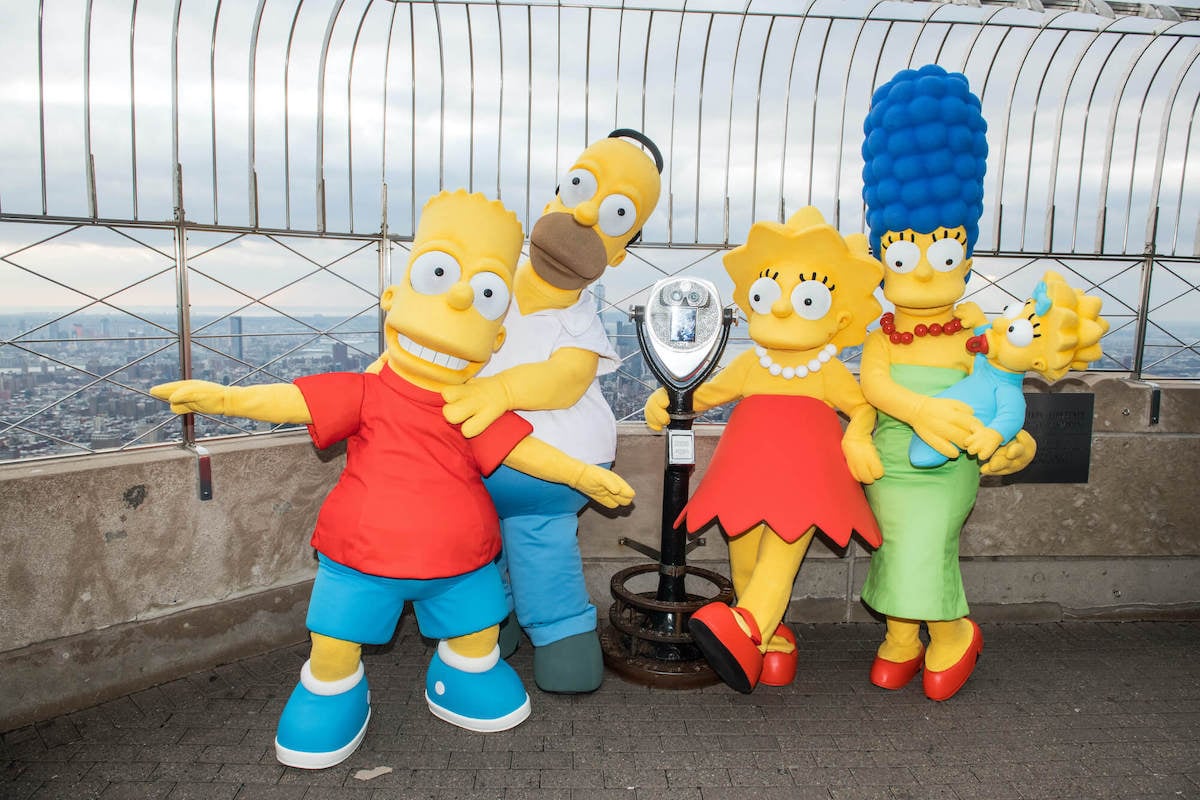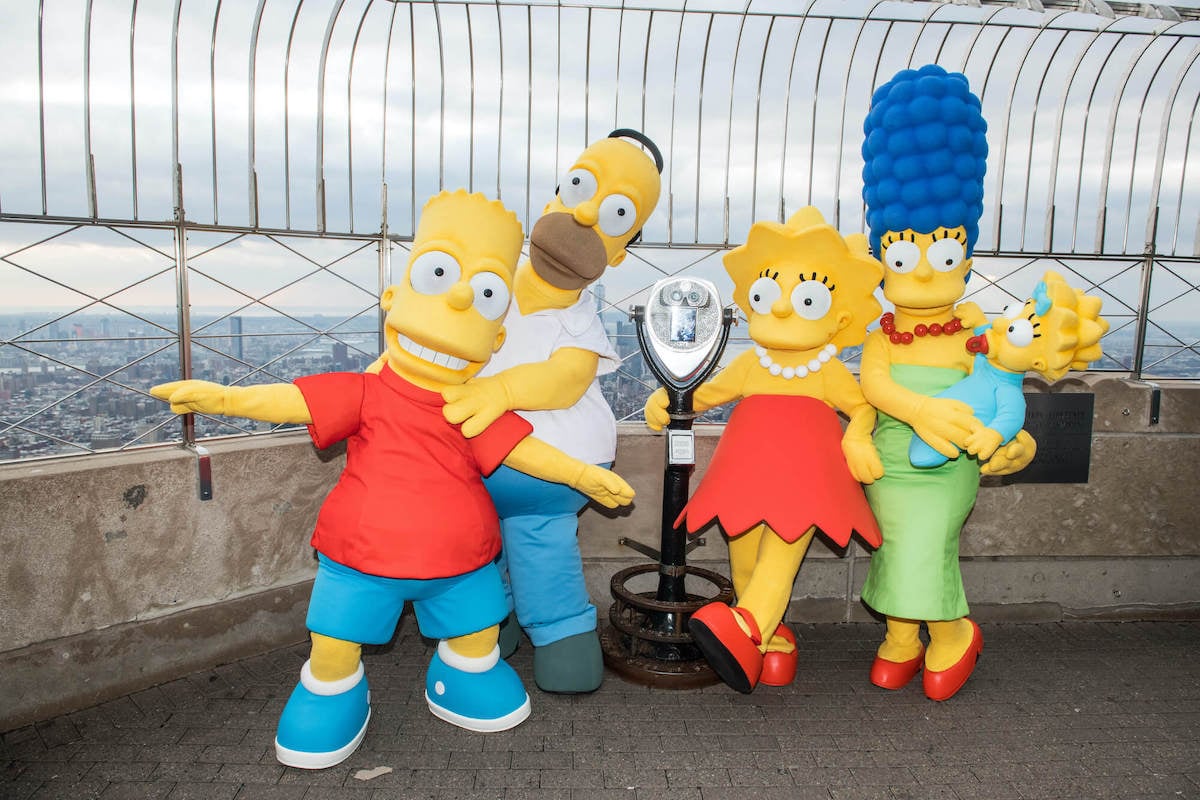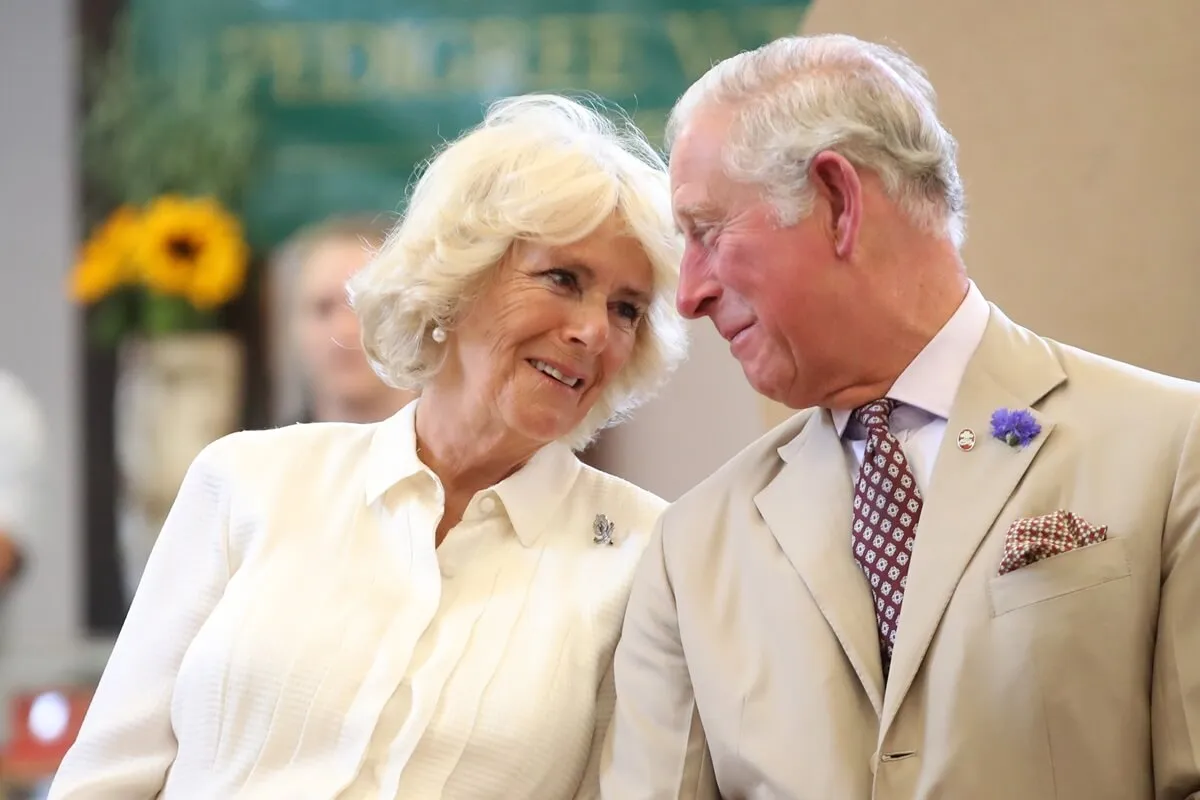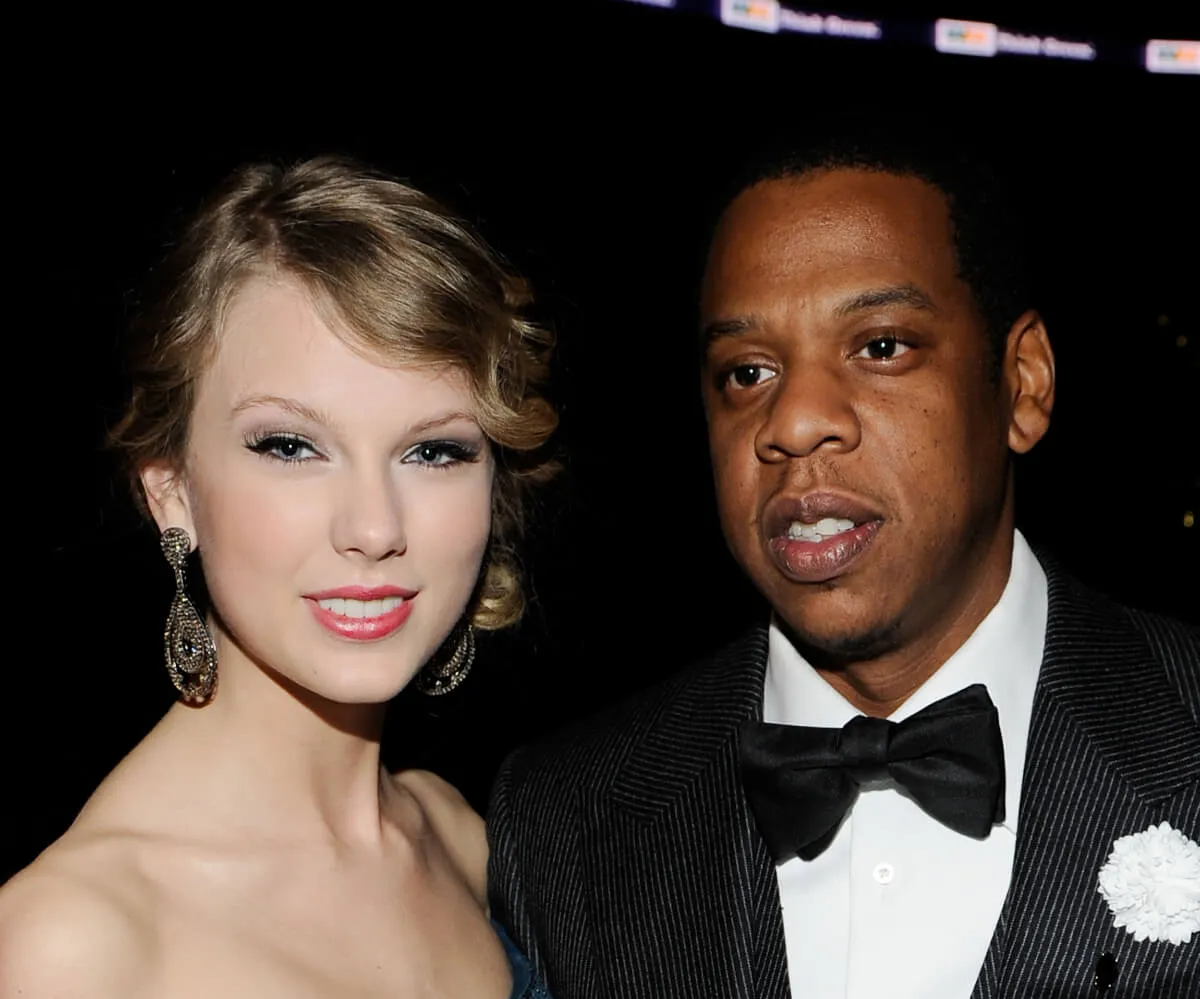
Why ‘The Simpsons’ Has Never Directly Mocked Scientology
It’s not uncommon for comedies to take a potshot or two at Scientology. After all, most of what people know of the Church stems from gossip pages, highly publicized lawsuits, or documentaries like Going Clear and Leah Remini: Scientology and the Aftermath.
But despite its more than three-decade history of irreverent humor, The Simpsons has never directly mocked Scientology. Why is that, exactly?

‘The Simpsons’ has a long satirical history
The Simpsons has never been a show to stand on ceremony. Throughout its long-running history, the show has taken aim at almost every sacred cow imaginable. Screen Rant notes a few of them, such as one third season episode, “Stark Raving Dad,” which referenced Michael Jackson’s child sex assault allegations.
While it was pulled from circulation in 2019, the writers weren’t afraid to tackle such a weight subject. The season nine episode, “The Cartridge Family,” revolved around the perennially controversial issue of U.S. gun ownership and was subsequently banned in the United Kingdom.
The following season’s “Thirty Minutes Over Tokyo” contained several potshots at Japanese culture, where it was subsequently banned as well. Season 13’s “Blame It On Lisa” was banned in Brazil for offensive jokes about Brazil, while season 16’s “Goo Goo Gai Pan” suffered the same fate in China for unflattering jokes about China.
Many Simpsons episodes that haven’t been banned have been criticized by those who take offense at their jokes about the Christian church, various minority groups, women, people with mental illnesses, and many others.
And while the Church of Scientology certainly has a history of aggressively targeting negative portrayals of the religion, The Simpsons’ history certainly does not suggest that the writers’ creative decisions hinge wholly on potential backlash.
So it is a little curious that out of the hundreds of Simpsons episodes that have aired, not one tackles Scientology head-on. As it turns out, there’s an explanation for that.
Why ‘The Simpsons’ never tackled Scientology
There actually was a planned episode of The Simpsons that satirized Scientology, but it never came to fruition. Screen Rant posits that the episode was never produced to avoid offending Nancy Cartwright. Ms. Cartwright is, as Simpsons enthusiasts know, the voice of one of the show’s most popular characters, Bart Simpson.
She’s also a practicing member and staunch defender of the Church. Had it come to pass, the episode would have aired during the first decade or so of the show’s run when Bart was arguably the most popular character, and losing her could have spelled disaster.
South Park had to deal with this very thing when they criticized Scientology and subsequently lost Isaac Hayes’ voice acting talents. However, also a practicing Scientologist, Hayes voiced Chef, a popular character, though not a main one. In the early days of The Simpsons, the Church of Scientology was less well-known and more litigious.
Given the possible loss of Cartwright and legal action, a Scientology parody was probably seen as just a bit too risky. But in the aftermath of multiple documentaries about some of the Church’s questionable practices, other comedies taking it on since, and The Simpsons’ prominence in mainstream culture, a writer’s room conversation might read a bit differently today.
How ‘The Simpsons’ approached Scientology
Rather than produce and air a Scientology-centric episode, The Simpsons did take a few shots during a season nine episode. Titled “The Joy of Sect,” the episode saw the family and most of the town fall victim to a cult known as Movementarianism that Scientology partially inspired.
The cult is run by a mysterious figure called The Leader, who promises the townspeople that their devotion and labor will be rewarded with a trip on a spaceship to a planet called Blisstonia. Of course, Marge is able to deprogram the family, and together, they expose The Leader as a fraud. And while the plot is fairly absurd, those familiar with Scientology will recognize some clear references.
There’s a reference to a trillion-year labor contract, which alludes to Scientoloy’s billion-year one. Both the Movementarians and Scientologists enjoy tax-exempt status and are aggressively litigious. However, there are references to other cults here, notably Jim Jones, Heaven’s Gate, and the Oneida Society, among others.
The mishmash of cult references not only made for a hilarious parody of cults. But it also clearly helped make the episode inoffensive to Ms. Cartwright as Bart plays as prominent a role as ever in the episode. She also voiced Bart in a season 13 episode, “She of Little Faith,” which took shots at for-profit megachurches, though in a less obvious way than “The Joy of Sect.”
As long as The Simpsons airs and Ms. Cartwright is attached to it, these will probably be the only Scientology satires audiences will get. And even if she’s no longer the bottleneck, it’s arguable that the time for such a satire has passed. If so, at least, The Simpsons offered us two classics that touched upon Scientology.


